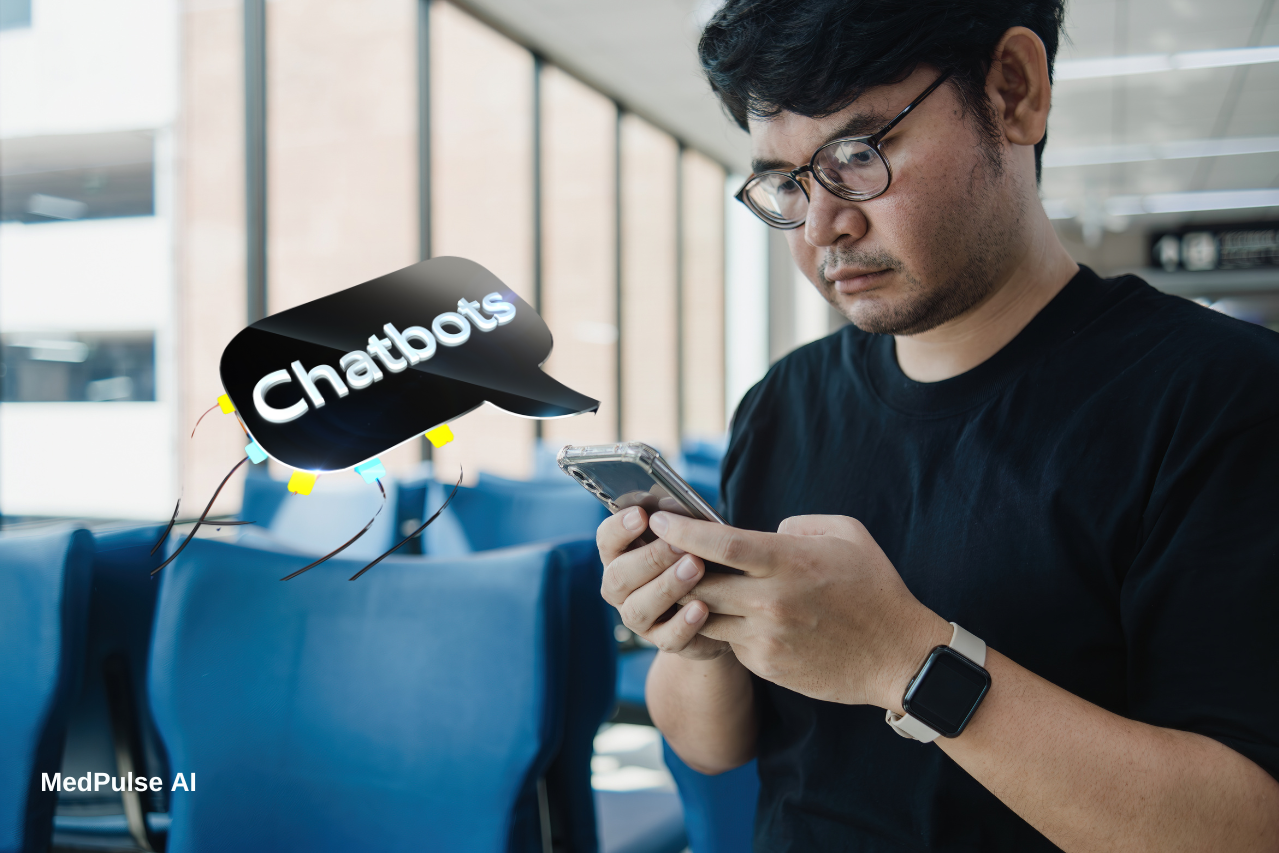In Yucatán, Mexico, where suicide rates exceed the national average by double, a groundbreaking mental health initiative leveraging AI has been introduced. At the heart of this initiative is MeMind, a smartphone application designed to evaluate and track suicide risk using advanced AI diagnostic features integrated into its surveys. According to a report by Rest of World, the app has been instrumental in reducing suicide rates since its launch in 2022.
MeMind’s Impact
MeMind has drawn an impressive 80,000 users since its inception and is credited with helping to lower the state’s suicide rate by 9%. One of its key tools is a 15-minute questionnaire that evaluates users’ mental health and assigns a risk level based on their responses. High-risk individuals are prioritized for personalized follow-ups, and the app alerts healthcare teams to potential emergencies. Within the first two months of operation, it identified over 200 users at significant risk, according to statements from former Governor Mauricio Vila Dosal.
Tailored for Local Needs
Developed in partnership with Yucatán’s Department of Health, MeMind customizes its features to reflect the region’s unique challenges, such as domestic violence, alcohol dependency, and substance abuse—factors closely tied to suicidal ideation. Additionally, user anonymity is a cornerstone of the app, with data shared with healthcare providers only when users provide explicit consent.
In August, the government highlighted the app’s achievements on the social media platform X (formerly Twitter):
“With technology and tools like the #MeMind application, we are revolutionizing mental health care by offering specialized emotional health guidance and professional support.”
Insights from MeMind’s Development
Enrique Baca, a psychiatrist from Spain’s Autonomous University of Madrid and one of MeMind’s key developers, emphasized how the app was adapted for Yucatán’s specific needs. Speaking to Rest of World, Baca explained that the Spanish-language app underwent significant modifications after consultations with the Yucatán Department of Health.
Half of MeMind’s users continue to engage with the app six months after registering. Baca shared:
“We identified a critical need—to understand the mental health conditions in each community and equip individuals with effective tools. Now, we have substantial data to guide interventions.”
Over the past two years, MeMind has flagged approximately 10,000 users in Yucatán as being at risk of suicide, connecting them to resources such as therapy and support groups. However, Baca noted a key challenge: the app’s reliance on users to actively log in and complete regular updates. Young men, the demographic most vulnerable to suicide, are often the least likely to consistently use the platform.
Future Developments: Chatbot Therapy
To address engagement challenges, plans are underway to introduce chatbot therapy to MeMind. Baca highlighted the value of this feature, observing that many users feel more at ease interacting with AI than with human counselors.
Broader Applications of AI in Mental Health
The integration of AI into mental health care is not limited to Yucatán. For instance, research at Stanford Medicine in California has used brain scans and AI to classify depression into six distinct types, an innovation reported by ReadWritein June. These advancements demonstrate the versatility of AI in addressing mental health issues across diverse settings.
MeMind represents a significant step forward in suicide prevention, offering both a model for other regions and a reminder of the challenges that remain. While AI cannot replace human care, its ability to enhance early detection and provide targeted interventions is transforming mental health care in Yucatán and beyond. By combining technology with cultural sensitivity and human compassion, initiatives like MeMind are paving the way for a future where mental health resources are more accessible and effective.




